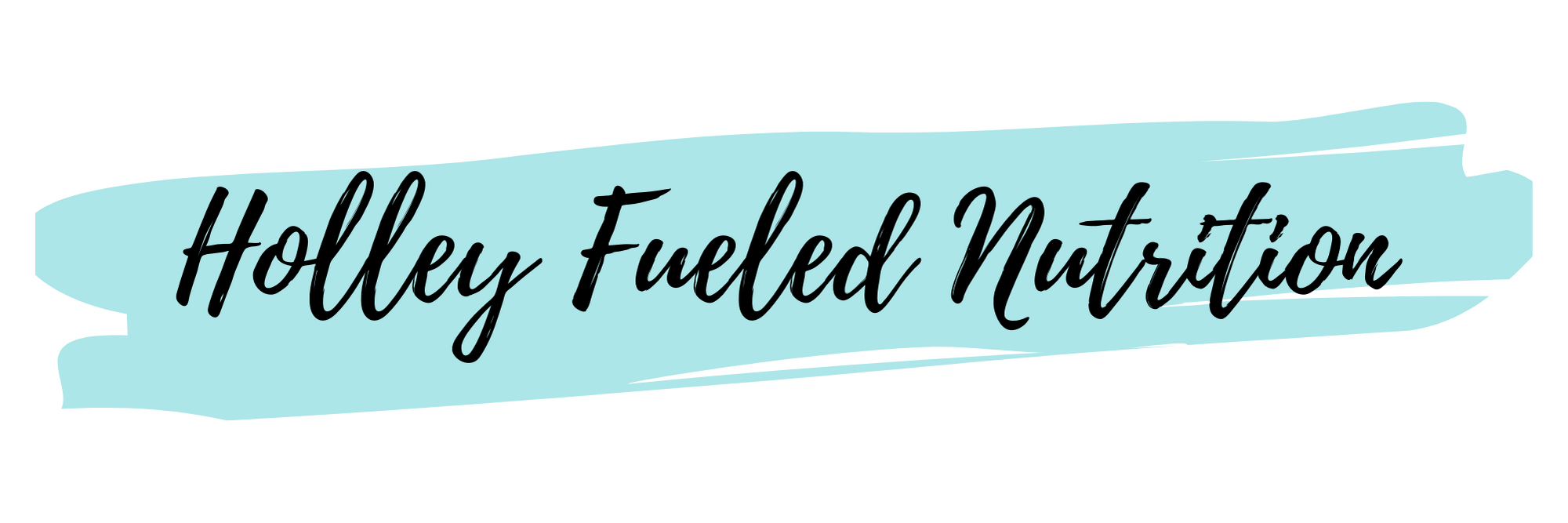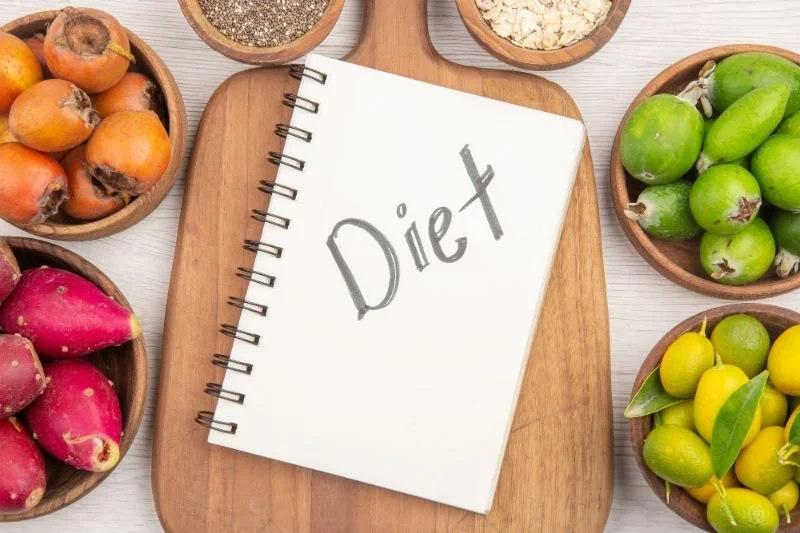The Best Diets for Runners
By Holley Samuel MEd, RD, LD, CSSD, CPT
It’s a new year and messages around new year’s resolutions, goal setting, and implementing change bombard us on all media platforms. While there is absolutely nothing wrong with setting goals and introducing habits in the new year, often messages that suggest you are not good enough as you currently are come from the $72 billion diet industry rather than from a place that will set us up for better physical and mental health. In light of these “new year, new you” messages, here are the best diets for runners that you can keep an eye out for in 2022 and beyond. Keep in mind, the term “diet” in this article is used to describe the variety of food that you consume. It does not represent restrictive parameters around foods you are allowed to eat, which is often how we think of “dieting” in the present day due to the diet industry.
The One You Can Follow
To start, the best diet is the diet that you can consistently follow and adapt to your ever changing life as a runner and human. A diet that does not restrict food groups, macronutrients from carbohydrates, proteins, and fats, and allows you to eat when you are hungry no matter the time of day will be a diet that can support your needs as an athlete. This will also likely put you at less risk for developing micronutrient deficiencies. This diet is also best for your mental health, as it does not involve restricting foods for non-medical related reasons.
Let’s identify what is meant when dietitians say a diet may require restriction for “medical based reasons.” This could be for a variety of reasons, such as but not limited to:
You have a diagnosed food allergy or intolerance
You have a diagnosed GI disorder (note that most GI disorders do not require lengthy lists of permanent eliminations in the diet but instead follow specific protocols with a licensed professional with the ultimate goal being to diversify the diet)
You have Celiac Disease and need to eliminate gluten from your diet, cooking, and self care products
You have kidney disease and need to be mindful of proteins and certain minerals consumed
You have epilepsy and have been prescribed a high fat diet along with medication to reduce seizure and neurological symptoms
You have a deficiency or take medication that puts you at risk for deficiency and need to intentionally incorporate more of a certain food or supplement
You take a medication that interacts with specific foods or nutrients and need to avoid them while on the medication
You are pregnant
You are receiving total parenteral nutrition or use a feeding tube with a specific formula developed to meet your needs by a dietitian
You have phenylketonuria and have to restrict amino acid phenylalanin
Your diet should adapt and be flexible with your lifestyle without leaving you feeling like you “fell off the bandwagon” or “need to get back on the bandwagon.” You are in charge of driving the metaphorical bandwagon in the first place, so there is no falling on or off of it. Whether you encounter holiday, busy travel, stressful, or peaceful seasons of life, your diet should adapt with you. Your diet is not something you “are” or “aren’t” doing.
Intuitive Eating
Intuitive Eating is not a “diet” per se, but rather a practice to incorporate into your eating habits. It involves ten principles:
Reject the Diet Mentality
Honor Your Hunger
Make Peace With Food
Challenge the Food Police
Discover the Satisfaction Factor
Feel Your Fullness
Cope with Your Emotions with Kindness
Respect Your Body
Intuitive Movement- feel the difference
Honor Your Health with Gentle Nutrition
The framework within the book, Intuitive Eating originally based on clinical experience developed by dietitians and authors Elyse Resch and Evelyn Trobole is now supported by over 100 research studies. Intuitive Eating focuses on helping people break free from the restrictive constraints of a dieting mindset with the goal of feeling confident in eating to support one’s nutrition needs while also having a healthy mindset around food and body image. Eating disorders and unhealthy mindsets around food and body image are very prevalent in the running community, so any practice or framework that can help a runner feel more at peace with food and body is beneficial. Notice that Intuitive Eating does not give parameters around what the person is allowed to eat and when they’re allowed to eat it, but instead empowers the person with permission and control to navigate food and eating confidently throughout their life without restriction. It uses mindful eating strategies and is not weight focused. Any program that incorporates Intuitive Eating or mindful eating should not also promote weight loss or body composition change as the main focus or outcome, as this is unethical and not the intention or focus of these evidence supported practices.
Sports nutrition practices necessary for performance benefits or medical nutrition therapy needed for various medical conditions are placed in the tenth principle “Honor Your Health with Gentle Nutrition” within Intuitive Eating as a practice. This topic is discussed at length with one of the authors, Evelyn Tribole, on this episode of the Holley Fueled Nutrition Podcast.
Plant Forward Diets
It is no secret that fruits and vegetables contain vitamins and minerals that help us meet our nutrition needs as humans who run. Diets that encompass eating foods from all food groups including all fruits, vegetables (both starchy and non starchy), grains, legumes, nuts and seeds, dairy, meats, poultry, seafood, and oils will likely help a runner meet their nutrition needs. Since athletes generally need higher amounts of carbohydrates than sedentary people to give them the energy they need to perform and stay healthy, incorporating plant rich foods that contain carbohydrates is beneficial.
Whether you are plant based and do not incorporate as many animal products or are an omnivore/flexitarian and incorporate all food groups, including carbohydrate rich foods from plants is optimal for runners of all levels. Any diet that cuts out grains, starchy veggies, fruits, or places morality on food being “good” or “bad” is a red flag when deciphering nutrition messages as a consumer. Food does not have moral value, your health status does not make you a good or bad person morally, and there is absolutely no reason to cut out foods without medical necessity (aside from personal views, for example: beliefs around animal welfare, environmental, religion, because you don’t like a certain food etc.).
The best diet for runners is one that incorporates all food groups, does not promote restriction without medical necessity, and encourages a healthy relationship with food and body image. It does not place moral value on food, health, or body size and is one that adapts with your ever changing lifestyle. It does not insight guilt, fear, or shame and instead instills confidence around eating. Of course, no one size fits all in nutrition; however, many existing restrictive diets present this time of year are usually not rooted in a large enough body of research to support the long term health and performance of runners.
If you find it challenging to understand what “normal eating” or what a healthy relationship with food looks like, it would likely benefit you the most to work on your mindset around eating and body image with a licensed dietitian and/or therapist trained in this specialty in the new year rather than doing another restrictive diet.



